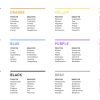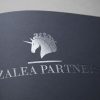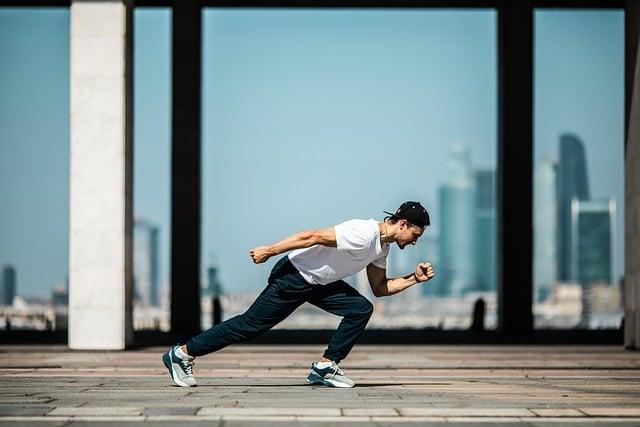
Have you ever wondered why all the coolest brands have the sleekest, most cutting-edge buildings? Turns out, architectural advances are more than just a fancy facade – they’re shaping the future of brand design in ways you never imagined. So grab your hard hat and get ready to uncover the structural secrets behind the world’s most iconic logos. It’s time to build some brand new perspectives!
Innovative Materials and Techniques
Are you tired of the same old boring materials and techniques in your projects? Well, have no fear because we’re here to shake things up with some fresh ideas! From space-age materials to cutting-edge techniques, we’ve got you covered.
Ever heard of self-healing concrete? Yeah, that’s right - concrete that can repair itself! How cool is that? Say goodbye to unsightly cracks and costly repairs. With self-healing concrete, your project will stay looking good as new for years to come.
And if that’s not enough to tickle your fancy, how about 3D printed structures? That’s right, no more boring old bricks and mortar. With 3D printing technology, the sky’s the limit when it comes to design possibilities. Imagine the looks on your clients’ faces when you show them a building that was printed layer by layer – now that’s impressive!
So why settle for the same old, same old when you can embrace the future with ? Step up your game and watch your projects soar to new heights!
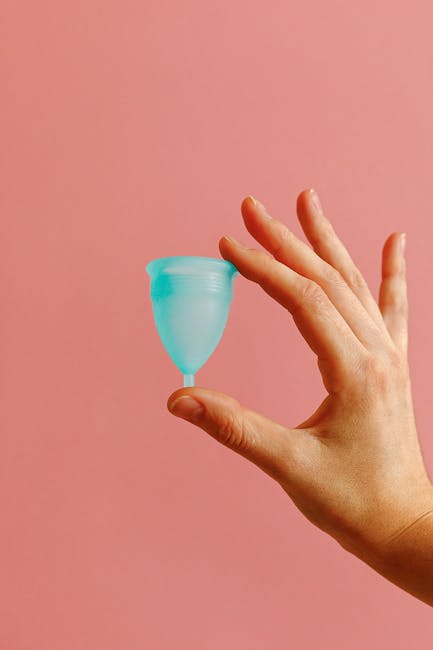
Sustainable Design Practices
Looking to incorporate into your next project? Look no further! Here are a few tips and tricks to help you make your designs more environmentally friendly:
1. **Use Recycled Materials**: Instead of constantly buying new materials, consider incorporating recycled materials into your designs. Not only does this help reduce waste, but it also adds a unique and quirky touch to your creations.
2. **Energy-Efficient Lighting**: Light up your designs with energy-efficient bulbs. Not only will this help reduce your electricity bill, but it will also lessen your carbon footprint.
3. **Natural Elements**: Incorporate natural elements like plants and wood into your designs. Not only do they add a touch of nature, but they also help improve air quality and create a more calming environment.

Integration of Technology
Technology seems to be everywhere these days – from our smartphones to smart refrigerators, it’s safe to say that we’re living in a world filled with gadgets and gizmos. But how can we harness the power of technology and integrate it into our everyday lives in a way that’s not only useful but also fun?
One way to do this is through the use of smart home automation systems. Imagine being able to control your lights, thermostat, and even your coffee maker with just the touch of a button or the sound of your voice. It’s like living in a futuristic sci-fi movie, but without all the drama (hopefully).
Another way to integrate technology into your life is through wearable devices. Whether it’s a fitness tracker to help you stay on top of your health goals or a smartwatch to keep you organized and connected, these devices are like having a personal assistant strapped to your wrist. Just make sure not to accidentally call your boss when you meant to check the weather.
And let’s not forget about the Internet of Things (IoT). With IoT, everyday objects like cars, appliances, and even clothing can be connected to the internet and communicate with each other. Who knew your toaster and your fridge could become best friends and conspire against you to make your breakfast burnt toast and spoiled milk a reality? It’s a brave new world out there, folks.

Inclusive and Accessible Spaces
Are you tired of feeling like a fish out of water in spaces that are not designed with inclusivity and accessibility in mind? Time to break free from the constraints of traditional spaces and demand more from your surroundings!
Imagine a world where ramps and elevators are not just an afterthought, but a fundamental part of every building’s design. A world where everyone, regardless of ability, feels welcome and valued. That’s the kind of future we’re fighting for!
Let’s shake things up and challenge the status quo. Let’s push for braille signage, audio descriptions, tactile pathways, and gender-neutral bathrooms in every space. Together, we can create a world where no one is left behind.
It’s time to think outside the box and prioritize the needs of all individuals, not just the privileged few. Let’s create a world where everyone can participate, contribute, and thrive. Together, we can build a more inclusive and accessible future for all!
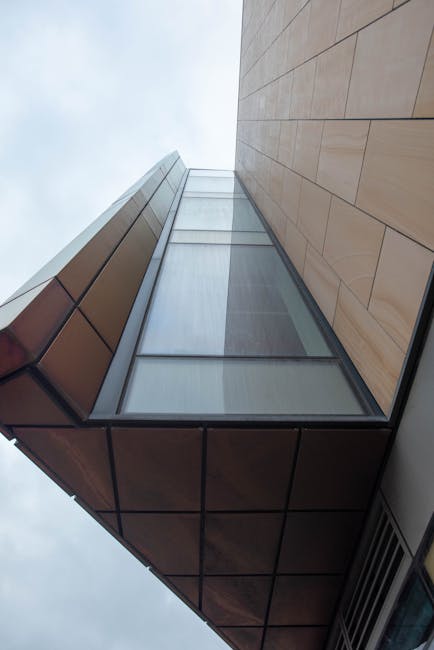
Experimental Forms and Structures
Ever feel like traditional forms and structures are just too boring for your avant-garde tastes? Well, you’ve come to the right place! Below are some that will make even the most seasoned poets scratch their heads in confusion.
Ready to shake things up in the world of poetry? Here are some wacky forms and structures you can try out:
- Palindrome Poems: Write a poem that reads the same forwards and backwards. It’s like a verbal palindrome!
- Haiku Tornado: Take a traditional haiku, spin it around, and watch as your syllables get sucked up into a whirlwind of chaos.
- Collage Creations: Cut up words from various sources and glue them together in a random order. Voilà, a masterpiece of modern art!
Feeling overwhelmed by all these groundbreaking ideas? Don’t worry, it’s all in good fun! So grab your pen, unleash your creativity, and let these take you on a wild ride through the world of poetry.
Cultural Influences on Brand Design
When it comes to brand design, cultural influences play a huge role in shaping the aesthetic and messaging of a brand. Just like how your mom’s taste in music influenced your Spotify playlist, different cultures bring their own unique flavors to brand design.
From vibrant colors and intricate patterns to minimalist designs and clean lines, cultural influences can be seen in every aspect of brand design. And let’s not forget about the power of symbolism – a simple logo can convey a world of meaning based on cultural context.
Imagine a brand designed by a team of Swedish interior designers – sleek, clean, and functional. Now picture a brand created by a group of Brazilian artists – bold, colorful, and full of energy. Cultural influences can truly make or break a brand’s design identity.
So next time you’re working on a brand design project, remember to take a step back and think about the cultural influences at play. Whether you’re drawing inspiration from Japanese zen gardens or Italian art history, embracing cultural diversity in design can take your brand to the next level. Who knew that knowing your cultural ABCs could make such a big difference in brand design?
Collaborative Design Processes
are all about getting a group of people together who have different perspectives and talents to create something amazing. It’s like the Avengers, but instead of fighting bad guys, we’re fighting bad design choices. And trust me, bad design choices are just as dangerous.
When you bring a bunch of creative minds together, you’re bound to come up with some wild ideas. And that’s where the magic happens. Sure, there might be some disagreements along the way, but that’s all part of the fun. It’s like a design-based game of thrones, except with less backstabbing and more brainstorming.
One of the best things about is that you get to learn from each other. You might think you know everything there is to know about design, but then someone comes along with a totally different approach that blows your mind. It’s like finding out there’s a secret level in your favorite video game that you never knew existed.
So next time you’re working on a design project, don’t be afraid to bring in some reinforcements. are where the real magic happens. And who knows, you might just end up creating something truly epic.
FAQs
What are some futuristic architectural advances that are influencing brand design?
From sustainable materials like recycled plastic to smart building technologies, architecture is paving the way for eye-catching and innovative brand designs that capture consumer attention.
How are architects incorporating sustainable practices into brand designs?
Architects are using eco-friendly materials like bamboo and cork, as well as energy-efficient systems like solar panels and green roofs, to create brand designs that not only look good but also benefit the planet.
How is technology playing a role in shaping the future of brand design?
Technological advances like virtual reality and augmented reality are allowing brands to create immersive experiences for their customers, blurring the lines between physical and digital spaces in innovative ways.
What are some examples of brands using architectural advancements to enhance their brand identity?
Companies like Apple and Tesla are leveraging sleek, minimalist architectural designs to reflect their brand values of innovation and sustainability, creating iconic spaces that resonate with consumers.
How can small businesses with limited resources incorporate architectural advances into their brand design?
Small businesses can start by focusing on simple yet impactful design elements like natural lighting, open spaces, and creative signage, which can all contribute to a unique brand identity without breaking the bank.
The Future Looks Bright!
As architects continue to push the boundaries of design, brands will undoubtedly follow suit in creating innovative and visually stunning spaces. So, whether you’re an architect dreaming up the next big thing or a brand looking to make a statement, one thing’s for sure – the future of design is looking pretty darn cool. So buckle up, because it’s going to be one heck of a ride!


